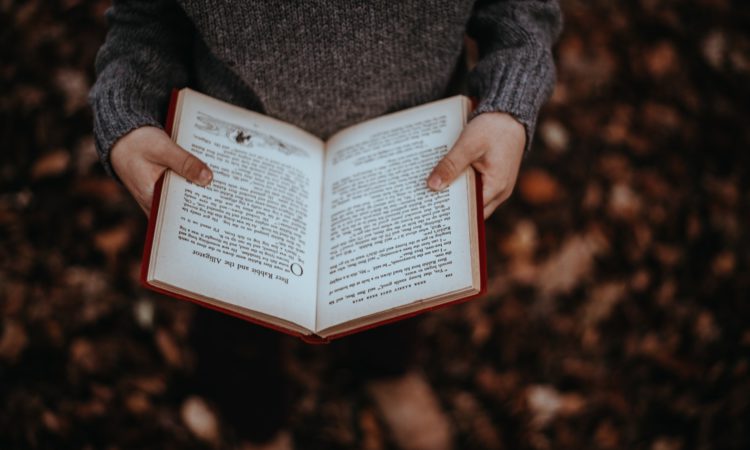September 8th is International Literacy Day. “Literacy” is a term that gets thrown around a lot in education, but being “literate” means so much more to life-long learning that simply being able to read. Truly literate people are not only able to apply new vocabulary to the things they say and write, but they can digest and re-apply new information and concepts across their daily lives.

To be literate is to have an innate enjoyment of learning new things. Literate people also possess the ability to identify things they don’t immediately understand and the skills to go about choosing the right resources and finding the answer; they navigate their worlds with a sense of purpose, wonder, and curiosity.
Being a good reader is important, but a deeper, more crucial aspect to literacy is also being well-read. Those who consume a wide variety of information develop the empathy required to understand and respect different perspectives, as well as the communication skills to express their own.
The very big, very real task of today’s educators to implant these traits in students is more fraught than ever. Not only must we ignite the desire to discover in pupils, but we must also arm them with the judgement to wade through false and misleading information from questionable—even malicious—sources.
Students who internalize this skillset dramatically increase their potential for success in learning across the board. This is why Britannica Digital Learning strives to go beyond merely providing reference materials and supplements to students and educators. Our expert team of professional development pros work every day to create original, effective tools that create good digital citizens and critical thinkers.
Here’s some of our literacy-focused resources, why not use them in your classrooms?
Lesson Idea: Inspiring Women Through History
Lesson Plan: Tweeting through “Herstory”
Lesson Plan: Through the Doors of Valhalla
White papers: Learn at your own pace with these Britannica white papers.
Making Questions Count: Incorporate Inquiry into Teaching & Learning
Weaving Literature Into Social Studies
If you want a free demo or trial of any Britannica resources, just click here and one of our team will be in touch to arrange a time to suit you.
Tried it with your class? How did it go? Send us feedback on Facebook or Twitter and tag us @Britannica_UK.

